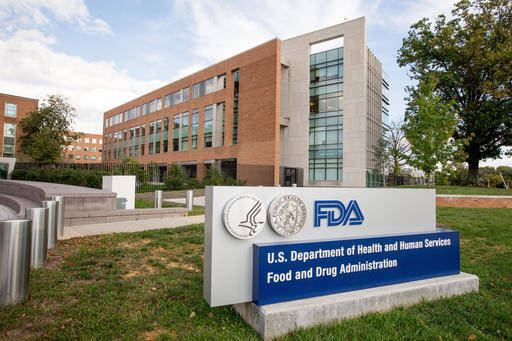https://mirror.triblive.com/opinion/editorial-fda-should-scrub-in-on-recall/
Editorial: FDA should scrub in on recall

There are things that are done with an abundance of trust — things done with the belief that they are safe.
Like surgery.
When going into an operating room, people are vulnerable. They know things can go wrong, but they also trust everything that can be done to ensure it happens safely is being done. Hands are washed. Antiseptic is used. Everything is as clean as possible.
So hearing that surgical gowns have been recalled because of questions over their sterility is alarming.
Cardinal Health, based in Dublin, Ohio, instituted a “voluntary recall” because of “environmental conditions at a contract manufacturer.” That led to Allegheny Health Network rescheduling nonemergency procedures at surgery centers that had been supplied with the affected gowns.
“At this time, we are concerned about possible contamination of the products and agree with the manufacturer’s recommendation about not using the affected lots. … We understand the company is continuing to communicate with its customers about which specific products are directly impacted by the quality concern and will be issuing a recall soon,” the Food and Drug Administration said in a statement Thursday.
As of Monday, the FDA still lists no mandated action on its website.
AHN did the right thing in prioritizing the safety of patients as they took the Cardinal equipment in question out of service and replaced it with other gowns from other vendors. That allowed new, fresh, clean gowns to do their job — creating one of several buffers of security between medical professionals and patients.
Cardinal also did the right thing in voluntarily informing facilities that used the gowns in question of the potential problem. That allowed AHN to take the steps it did, and allowed UPMC to switch to gowns from another vendor without disrupting surgeries.
The FDA has publicized 63 voluntary recalls so far in 2020, including one Friday for insufficient documentation included with a software application for ultrasounds. Is a potential surgical contamination less important?
People need to feel safe when they are having surgery, and the FDA has a big part in making that happen. While Pittsburgh-area providers have done their part, the FDA should do more than express concern. It should scrub up and assist.
Copyright ©2026— Trib Total Media, LLC (TribLIVE.com)
